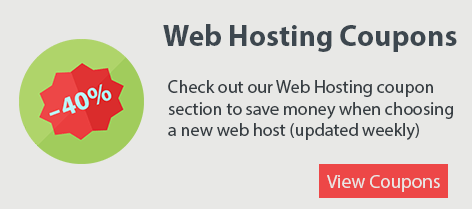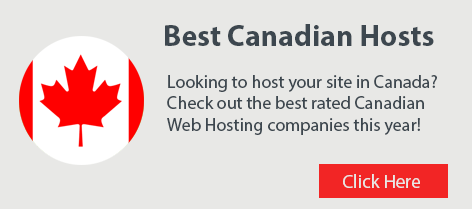Secure Your Website With These Tips
Security is the number one thing that you should concern yourself with after buying web hosting. There are a lot of security tips floating around right now. Many are antiquated, some are still relevant, but it’s hard to determine which is best. To determine best options, seek up to date solutions. It’s with that in mind that the following security tips are put into play.
These tips are for content management systems. They are also compiled as of this latest quarter in 2017. That means that if you haven’t updated your security measures, this list can help you do that. Web hosting is great, but if you’re not careful, security could be compromised. Take on these security tips and see how to shield your account from nefarious characters.
The Mother of All Security Tips
One tip that has not changed in a long time is simple, change your login page’s password. WordPress users are especially vulnerable to brute force attacks. Do not allow your page to go without an updated password. Lock your login page. If you have knowledge of PHP and HTML, then you can do this outright.
To make this easier, you can use “Login LockDown”, which is a plugin that can help you secure your themes, and login pages. This will do things automatically. There are plenty of changes that loom amidst security tips, but this is one that seems to never change. Your login page can be vulnerable, do not leave it as such.
Authentication Solutions (Double Up)
The most common security measure has been updated for 2017. This is called “two factor” authentication. What this means is that a website will need to get more than your security password. This means that your site will need a username and password, and then a connection to a phone, email address, or many other solutions. You can use options like the “Google Authenticator” plugin which can help lock things down.
Authentication helps you keep unwanted individuals out of your logins. It also locks your site from logging in, and forces you to reset passwords if you do not type them in correctly. This may sound annoying, but it is an excellent deterrent. If brute force attacks cannot come in, your page is safe.
Do Not Use Standard Usernames
There are two ways that you can approach logging into your content management systems. Amidst security tips experts say, your username needs to be complex. But there’s a new protocol today. The new protocol is to switch to “email login”. This can be done with a plugin, such as WP Email Login for WordPress.
Email addresses are harder to predict than usernames. Hackers can obviously track down emails, but they often look for username combinations. Switching to an email solution for a login name, can help reduce brute force attacks. Among the newest security tips, this is one that is getting a lot of traction today.
Use A Password Generator
This is unpopular. People do not like this bit of advice, and while there are new security tips, this one remains steady as well. Use a password generator. There are plenty of options online today, and they all can mix up the words, letters, and more. You can adjust it to include symbols, numbers, uppercase and lowercase characters, and adjust the length. A 16-character password with multiple elements can thwart even the most experienced of hackers.
SSL Encryptions
SSL stands for secure socket layer. It is a certification that can help you ensure that hackers aren’t stealing your backend information. SSL can work with WordPress, it can also work with content management systems of all types. You may also be able to use this to encrypt shopping carts and more.
Utilizing a SSL certificate can help you protect any site you put up. Amidst the most common security tips, this gets tossed around a bit, but it’s back for 2017. Many hosts provide this free of charge. Others charge you a fee to set this up properly. It’s a great way to lock your website, that’s for certain.
User Accounts Require Security Too
For administrators that are working with multiple people on one site, this is an important update to old security tips. Make sure that the usernames are complex, and the passwords are equally complex. Create only a limited amount of user accounts. Keep only one or two administrators, and that’s it. Do not overthink this. Too many administrators make your page vulnerable. The same goes for too many user accounts.






